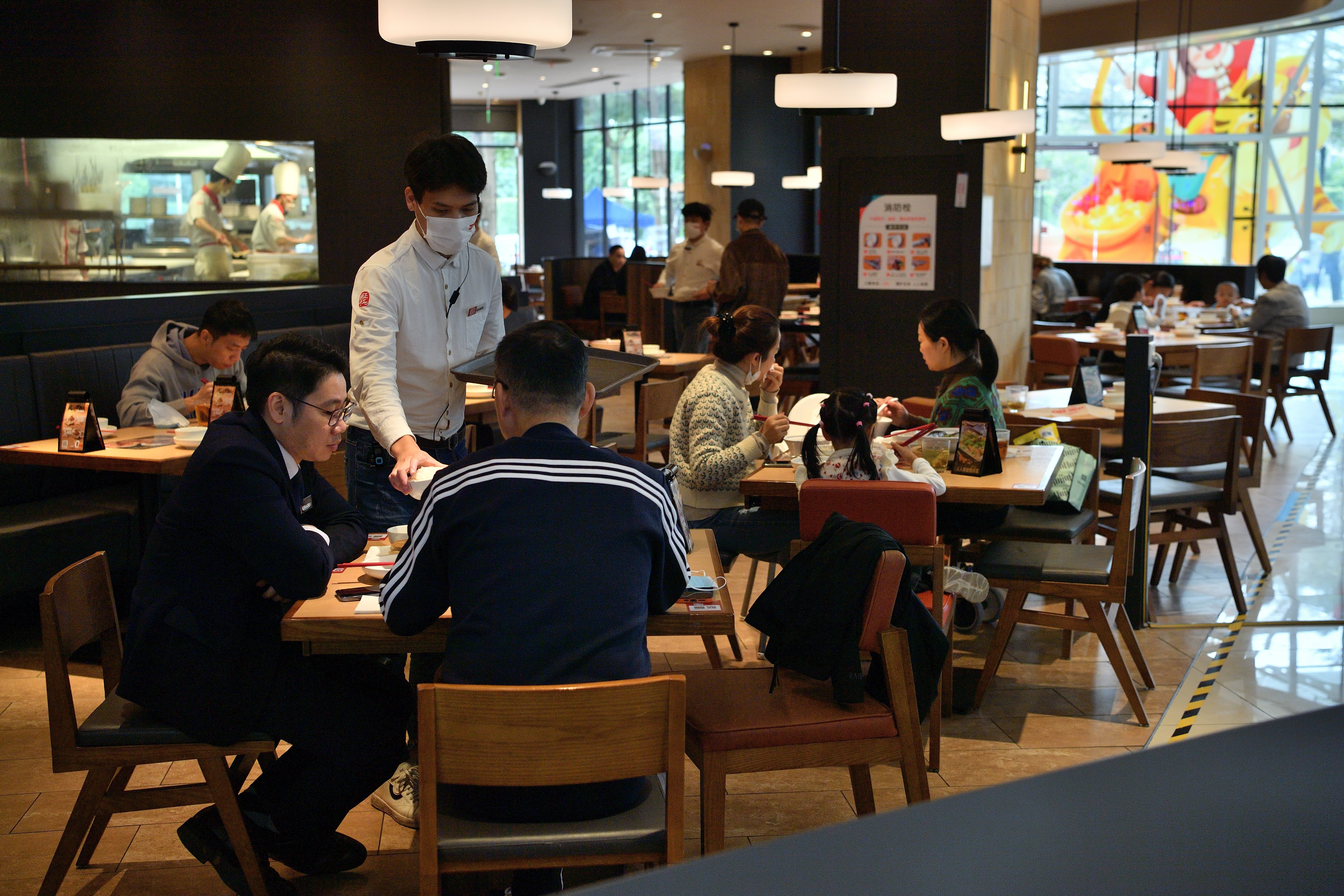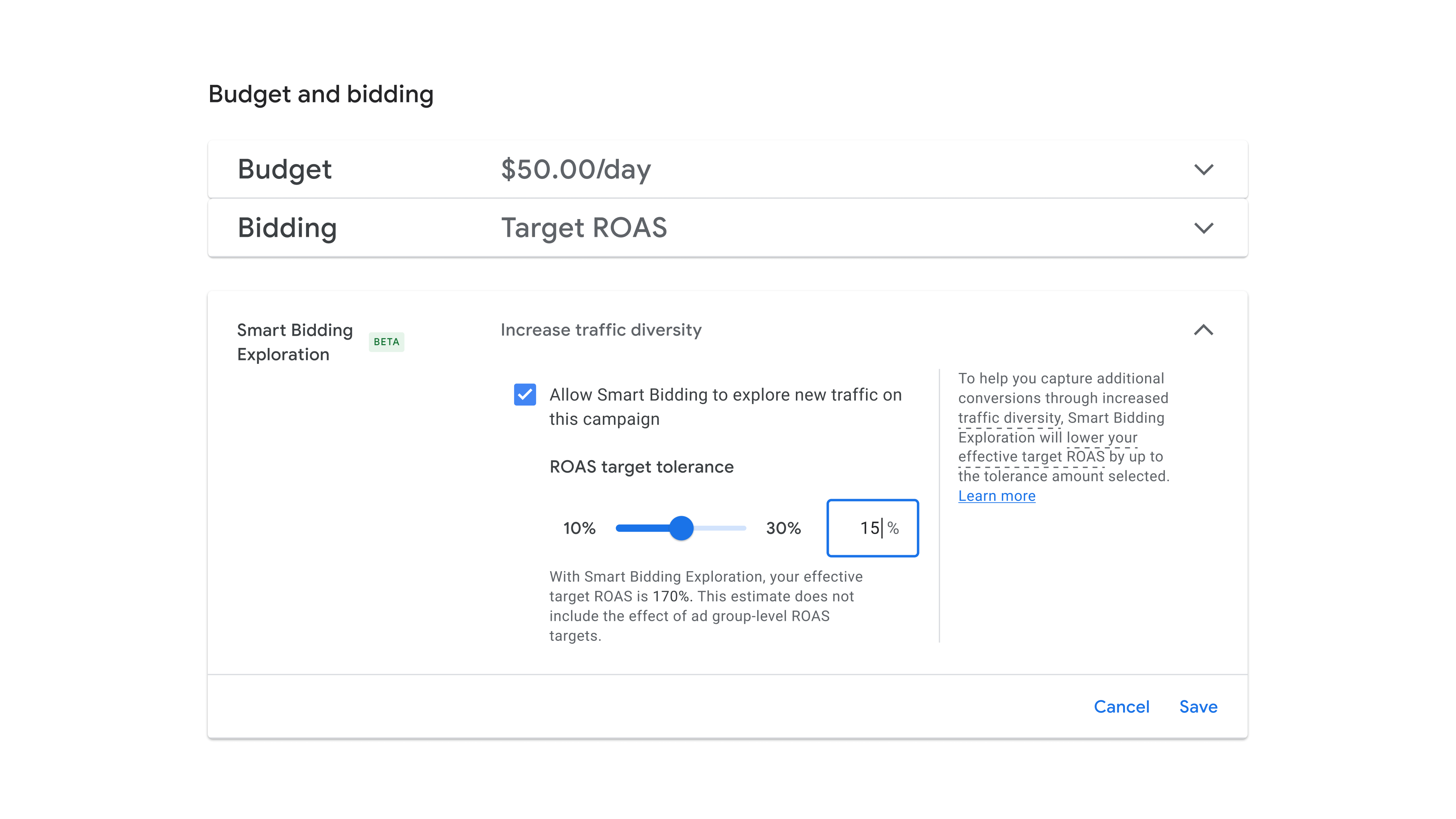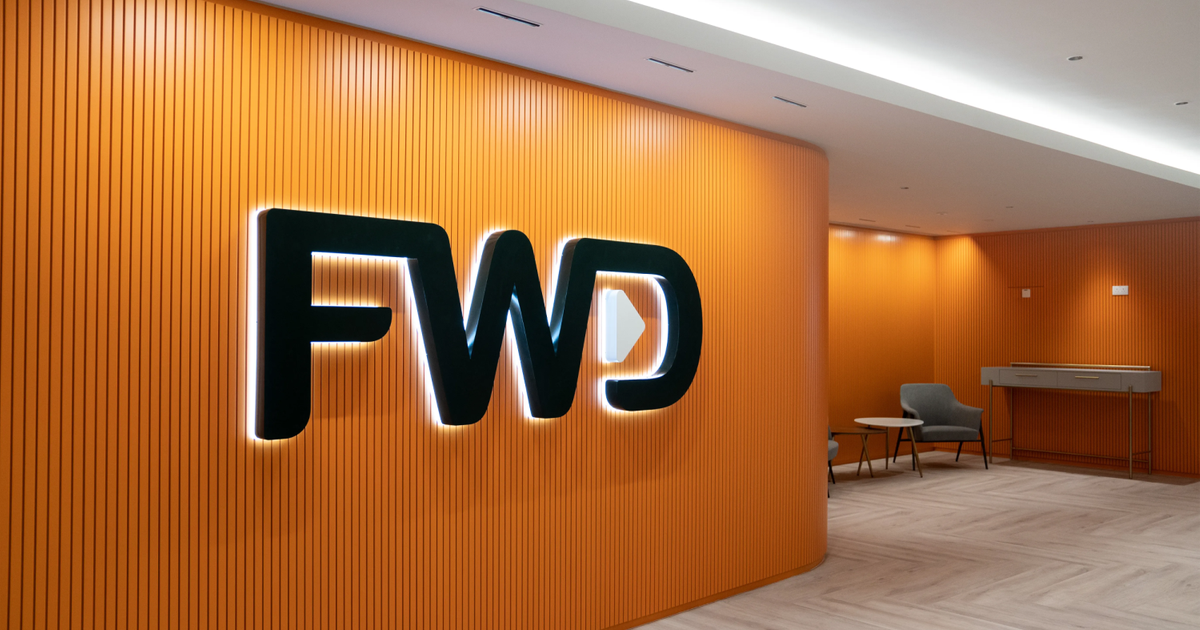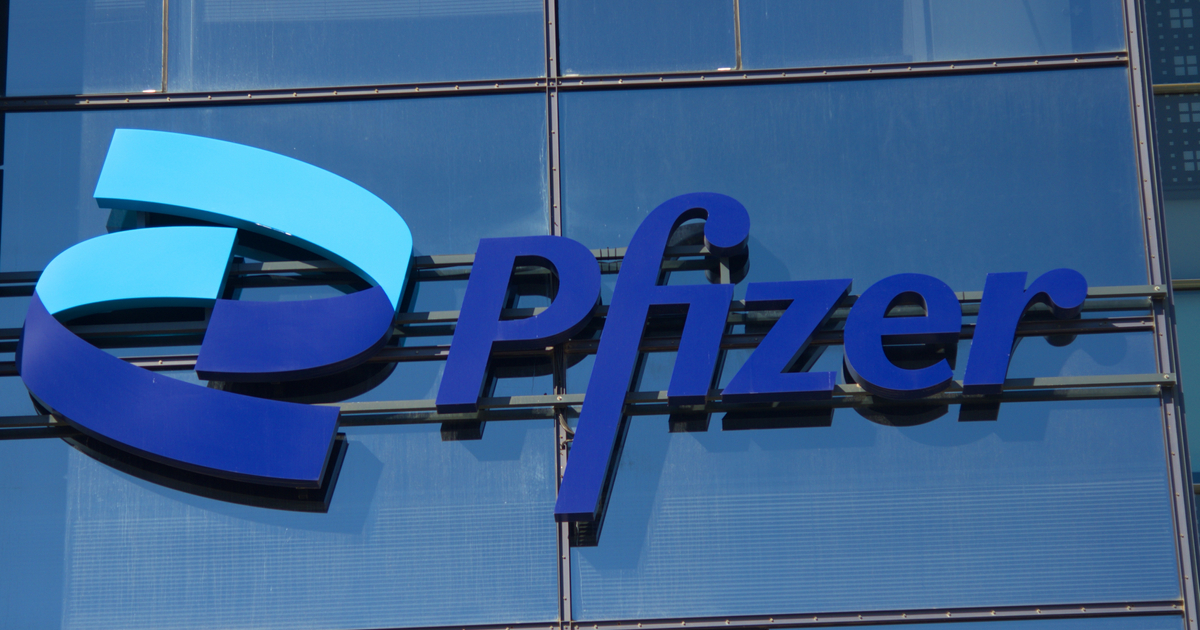Southeast Asia's 5G outlook remains 'bleak' in short term despite tech giant partnership, report says
A report by Fitch Solutions says that a 5G partnership between two conglomerates could help accelerate 5G in Southeast Asia but the outlook remains "bleak."
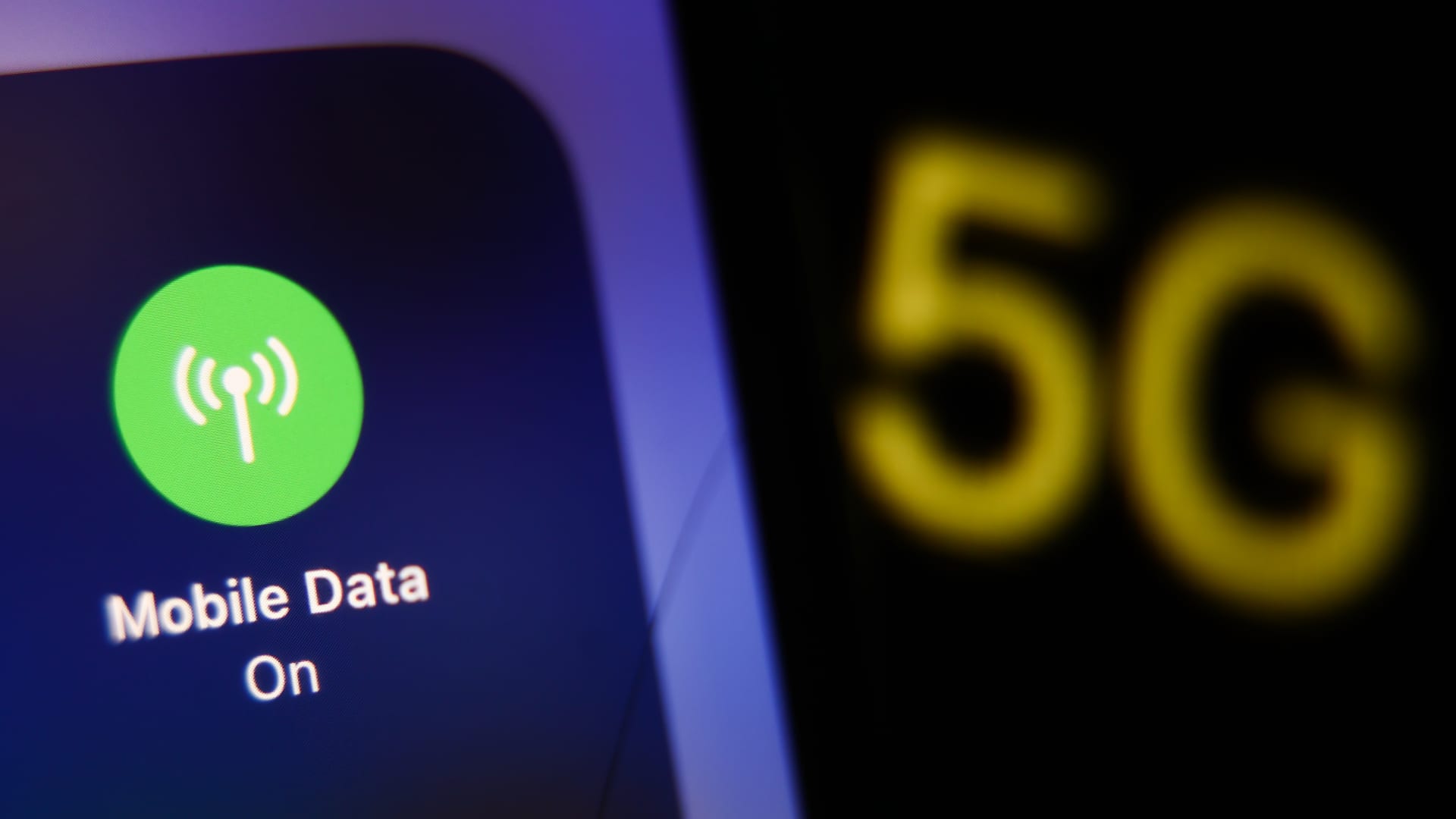
5G remains in a nascent stage in Southeast Asia, despite acceleration efforts.
Jakub Porzycki | Nurphoto | Getty Images
The Tech Mahindra-Axiata Group Berhad partnership may help accelerate 5G in Southeast Asia but the short-term outlook for the industry is "bleak," Fitch Solutions said in a country risk and industry research report.
Last week, Indian IT and consulting giant Tech Mahindra and Malaysian telco conglomerate Axiata Group Berhad inked an agreement to jointly develop and commercialize 5G enterprise solutions in Malaysia, Sri Lanka, Bangladesh, Nepal and Cambodia.
"We believe that this is a promising partnership as it combines the capabilities of Tech Mahindra's 5G enterprise solutions with Axiata's expertise in mobile connectivity, network infrastructure and product services," said Fitch Solutions.
While 5G has many benefits, the report said it is still in a nascent stage for many Southeast Asian countries. 5G is the fifth generation of cellular networks and is up to 100 times faster than 4G.
Read more about tech and crypto from CNBC Pro
Fitch Solutions noted there are economic headwinds and other hurdles in two markets that Axiata and Tech Mahindra plan to collaborate in.
In Bangladesh, for example, Fitch Solutions does not expect significant 5G adoption over the next 18-24 months due to expensive mobile phones and next-generation services.
Sri Lanka, on the other hand, is battling a recession, fuel shortages and extended power outages.
"This has led to a contraction of the economy, and we expect the wider technology market to face significant pressures that will effectively cripple the sector. These factors will weigh on the returns on investment of 5G deployment and may discourage meaningful further funding," the report said.
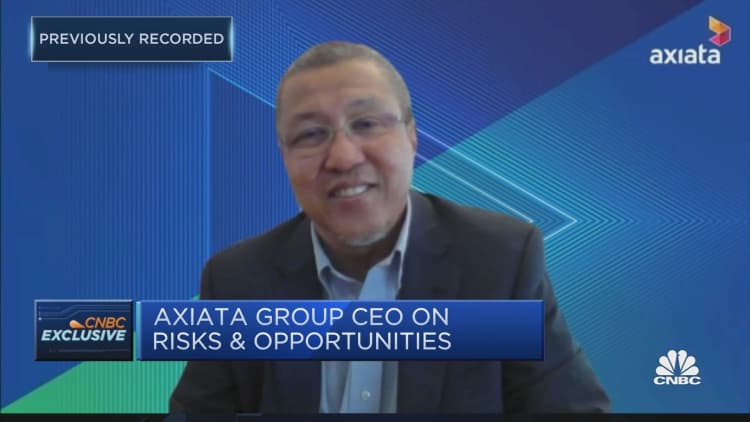
But there is rising demand for 5G services, which could help increase operational efficiency for companies, such as supporting better crop yield predictions or climate control in agriculture.
Last week, Axiata Group Berhad, Telenor Asia and Malaysian telco provider Digi completed a merger of telco operations to form Celcom Digi.
The merger would likely help Axiata better take on rival Telekom Malaysia in the enterprise connectivity market, Fitch Solutions said.
Celcom Digi will invest up to 250 million Malaysian ringgit ($56.8 million) over five years to build an innovation center in Kuala Lumpur to support the adoption of internet of things, artificial intelligence, cloud computing and 5G in the country.

 KickT
KickT 